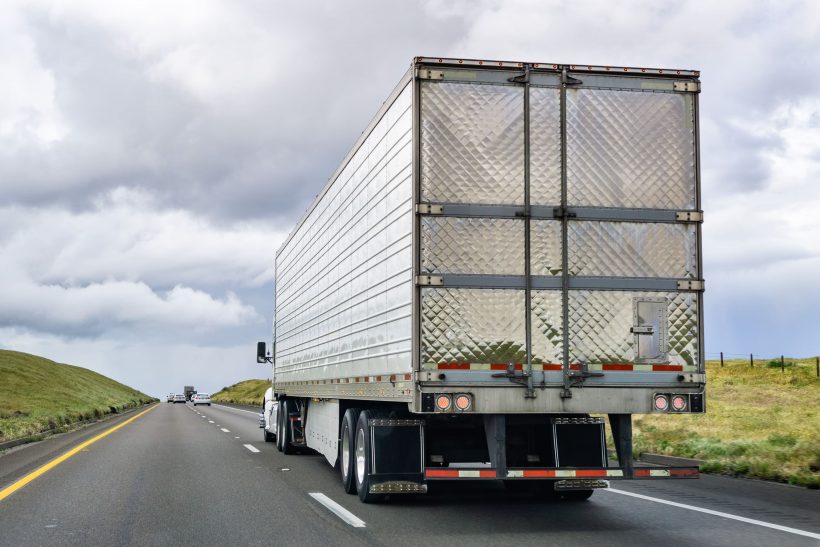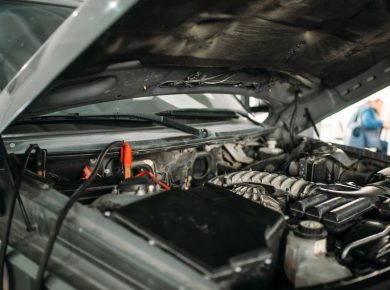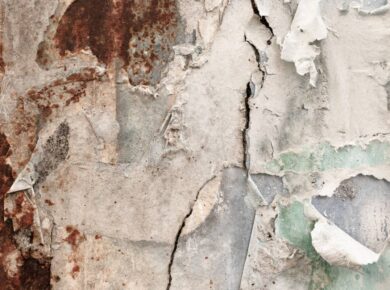When it comes to picking a trailer, whether it be for personal use, or for your work, choosing the right material takes careful consideration. You don’t want to rush a decision like this and end up stuck with an inferior trailer, particularly if there is something better out there, for less.
In this article, we’re going to answer the question: “are aluminium trailers any good?” We will look at important factors, such as how long they last, and whether or not they hold up when compared to other materials, such as steel.
Are aluminium trailers any good?
Are aluminium trailers any good? The answer is yes. In fact, aluminium trailers are among the finest, and with good reason. Here are some of the key features and benefits that make aluminium trailers a worthwhile investment:
- Durability: Aluminium is a highly durable material, making it an excellent option for trailers used to regularly transport heavy equipment.
- Strength: Aluminium is a strong material! It is an alloy, forged from multiple metals for a number of benefits.
- Flexibility: It is also a highly flexible material. This is especially handy if in the event that your trailer becomes dented, as it can easily be worked back into shape.
- Lightweight: Aluminium trailers are typically 10 to 15% lighter than their steel counterparts.
- Recyclable: Aluminium is the most recyclable metal which means that after its long life, it can be repurposed into all manner of different things.
- Re-sale value: Aluminium trailers also hold their value exceptionally well and are attractive to second-hand buyers.
How long do aluminium trailers last?
How long do aluminium trailers last? Do they hold up? You’ll be pleased to learn that aluminium trailer owners can enjoy their trailers and keep them running as new for decades. All it takes is regular, routine maintenance and a little TLC.
In terms of appearance, the good news is that you can restore the exterior appearance of an aluminium trailer with a simple acid bath, making it all nice and shiny in a matter of minutes! This is why aluminium trailers fetch such good re-sale value, as opposed to steel.
Debunking myths about aluminium trailers
There are many myths about aluminium trailers (no doubt thought-up by steel trailer manufacturers) and we are going to debunk some of them for you today:
- Aluminium trailers are as heavy as steel trailers, and only a third as strong: Certainly, pure aluminium is not as strong, however, the aluminium alloy that is used to make high-quality aluminium trailers is significantly stronger and can hold its own against steel in terms of strength. That, and as mentioned above, aluminium trailers are typically 10-15% lighter than steel (which is why NASA Space Shuttles’ are made from aluminium alloy and not steel).
- Steel is easier to repair than aluminium: This may have been the case many years ago, but today, aluminium welding techniques are widely known and as such, the cost of having an aluminium trailer repaired is competitively cheaper than steel.
- Aluminium tears and stresses easier than steel: Sure, in some respects, steel is stronger than aluminium. For example, steel has a higher modulus of elasticity, which essentially means that it can hold more weight before it begins to bend. However, given that aluminium can flex three times as much as steel, it is far more likely to spring back to its original shape. The fact that steel has so much rigidity actually makes it far more likely to crack and break under significant weight.
- Aluminium trailers have some steel parts, therefore steel must be better: Yes, the axels on aluminium plant trailers may be made using steel, but not because steel is an all-around better metal. It simply means that for this particular job, steel is better suited. In any case, aluminium is an all-rounder that is better suited to make trailers.
Which material requires the most maintenance? Steel VS Aluminium trailers
Both steel and aluminium trailers require regular upkeep in order to keep them in excellent condition. For example, the biggest problem that aluminium trailers face is simply keeping the hinges and cam latches sufficiently lubricated. That, and every couple of years you will want to give your aluminium trailer an acid bath in order to keep it looking shiny and pristine.
On the other hand, steel trailers need to be regularly examined in order to prevent it from rusting. Any scratches that you may get on your steel trailer will need to be touched in and painted over, otherwise, they will begin to oxidize which leads to rusting. Galvanized steel certainly won’t require as frequent inspection as non-galvanized, but you still have to keep on top of it. Additionally, when areas are welded and riveted, they need to be properly finished after each and every repair, otherwise, rust sets in and causes significant structural issues.
The fact that you constantly need to maintain the coat of paint on your steel trailer is what makes them so expensive to maintain. With aluminium, you don’t have to worry about applying new paint, or the metal rusting over time.
Conclusion
All in all, aluminium trailers hold significant advantages over steel. If you are looking for something that is relatively low-maintenance and can last you several decades provided you give it enough love and care, then you really cannot go wrong with aluminium. If you would like to find out more or to look at the various aluminium trailers available, find a reputable Australian owned trailer manufacturer, such as SureWeld for some inspiration.
We hope that you have found this article helpful. We certainly aren’t hating on steel trailers, it’s all about finding the best material that is better suited to the specific task that you will be using it for. With enough research, you’ll find that more often than not, aluminium trailers are taking the top spot!










